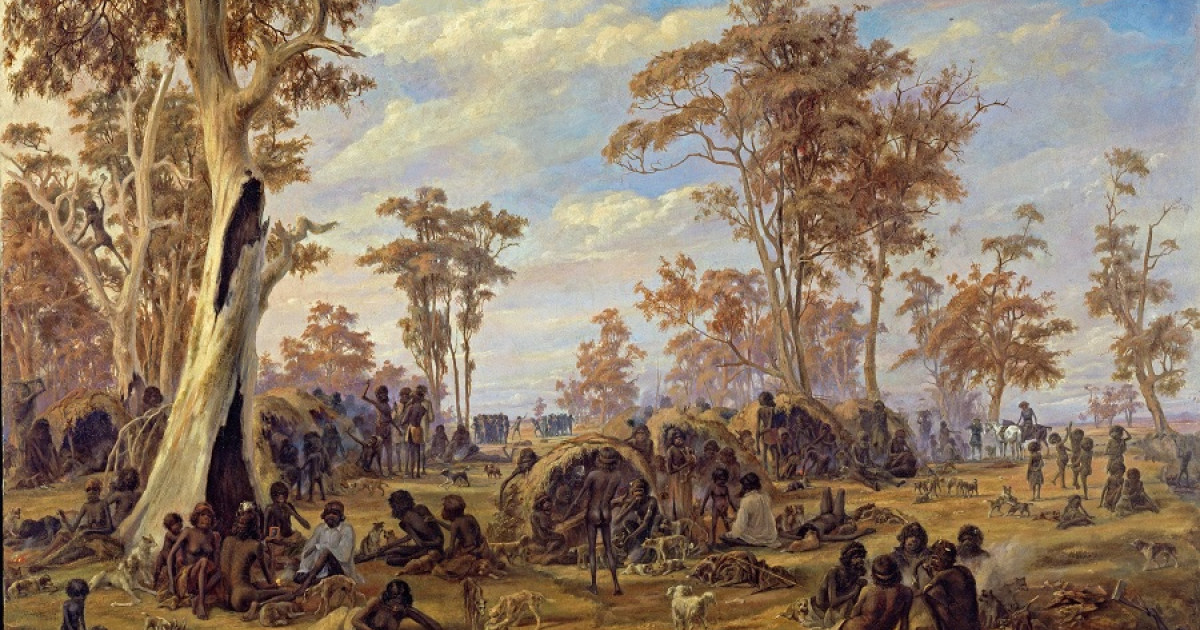Explore Anarcho-Primitivism and Its Radical Proposals
Anarcho-primitivism critiques the origins and trajectory of civilization, advocating for a return to pre-agricultural, nomadic lifestyles. This radical individualist anarchist philosophy posits that societal inequalities and environmental degradation stem from the shift to sedentary, complex societies. Its core aim is de-industrialization and the abandonment of advanced technology.
What is Anarcho-Primitivism?
Anarcho-primitivism is an individualist anarchist current that fundamentally critiques civilization. It falls under radical environmentalism and ecocentrism, prioritizing environmental preservation above all else. This philosophy argues that the historical transition from nomadic hunter-gatherer societies to agrarian, sedentary ones initiated human injustices and social stratification, marking the beginning of civilization and power dynamics.
Primitivists advocate for humanity’s return to a primal, “uncivilized” state through de-industrialization, the abolition of the division of labor, and professional specialization. They also propose abandoning technology, ranging from electronics to virtually any human-made product, regardless of its simplicity. Various causes are cited for civilization’s ills, including the Industrial Revolution, monotheism, writing, patriarchy, and metal tools. The common thread is the desire for a simpler, pre-civilization human existence, with some even supporting a return to nudism and “re-wilding.”
Historical Background
Anarcho-primitivism’s roots lie in original anarchism, adapted with an ecological focus. Henry David Thoreau, an American individualist anarchist, is considered a precursor. His book, “Walden” (1854), champions simple, self-sufficient living in natural environments as resistance to industrial civilization. While not advocating a return to prehistory, Thoreau’s ideas influenced ecologism and anarcho-primitivism.
Today, John Zerzan is a leading figure in the anarcho-primitivist movement. While not endorsing the violent extremism of some, Zerzan advocates for a world less dominated by technology, envisioning humanity’s eventual return to a more primitive state.
On the more radical and dangerous end, figures like Theodore Kaczynski, known as the “Unabomber,” and eco-extremist groups such as Individualists Tending Toward the Wild exist. Kaczynski, although not strictly an anarcho-primitivist, shared some ideological overlaps and perpetrated a series of bombings between 1978 and 1995, resulting in three deaths and 23 injuries.
Theoretical Foundations
A central tenet of anarcho-primitivism is the belief that pre-agricultural humans lived in nomadic tribes devoid of hierarchies or domination. These societies were seen as socially, politically, and economically egalitarian, often viewed by the broader anarchist movement as precursors to a truly anarchist society.
Primitivists view the advent of agriculture as the start of an increasing dependence on technological development, which has intensified over time. This growing reliance on technology, they argue, has fostered increasingly unjust power structures, based on the division of labor and social hierarchies.
While most primitivists advocate for abandoning sedentary agricultural life, there are debates within the movement regarding horticulture. Some acknowledge its necessity to a degree while recognizing its risks for inequality, while others strongly advocate for a strict return to hunter-gatherer societies.
1. Rejection of Civilization
Anarcho-primitivism defines civilization as a physical and institutional apparatus that orchestrates domestication, control, and domination over both animals and humans. It is seen as the root of all oppression, and its destruction is the ultimate goal.
The emergence of early civilizations roughly 10,000 years ago initiated a profound disconnection from nature and fellow humans, culminating in an individualistic lifestyle where every aspect of life is highly controlled.
Before civilization, individuals allegedly enjoyed ample leisure time, gender autonomy, and social equality. Their needs were basic: food, rest, reproduction, and social contact. With fewer material needs, humans lived in peace and harmony. Nomadic societies lacked territorial ownership, thereby avoiding war-causing conflicts.
However, civilization brought about war, female oppression, population growth, labor injustices, the concept of private property, and eventually, capitalism.
2. Critique of Symbolic Culture
Anarcho-primitivists critically view one of humanity’s greatest advancements: symbolic culture, including both spoken and written language.
A common question regarding this critique is how anarcho-primitivists propose to communicate. According to John Zerzan, the supposed harmony among prehistoric humans was partly due to the absence of language, relying instead on more direct forms of communication.
Despite their criticisms, proponents have yet to offer a solid argument explaining why language is a flawed communication tool or proposing a superior alternative.
3. Domestication of Life
Within the anarcho-primitivist framework, domestication is understood as a process designed to control life according to civilization’s dictates.
This process involves various mechanisms applicable to both animals and humans (eugenics being one example): breeding, taming, genetic modification, caging, educating, governing, enslaving, and killing. These mechanisms are enforced through institutions, customs, and rituals, even those seemingly innocuous.
4. Rejection of Science and Technology
Primitivists reject modern science, especially its constant integration of new technologies into daily life. They argue that science, as it develops, is not neutral; it is driven by commercial and dominance interests behind every technological advancement.
They maintain a critical view of science, seeing it as detached from human values and emotions, overly quantitative, and mechanically viewing life, sometimes acting as the dominant religion of our era.
Technology is seen as fostering human alienation and diminishing meaningful human interactions. This is particularly evident with media, which offers a distorted and partial view of reality.
Criticisms of Anarcho-Primitivism
Given the radical nature of anarcho-primitivist tenets, strong criticisms have inevitably emerged.
A primary criticism is the perceived inconsistency of anarcho-primitivists. Many critique civilization while living within its structures, often using the very technology they reject (e.g., mobile devices, video calls, digital books).
However, dismissing proponents as hypocritical for advocating an abandonment of technology and society without personally taking the first step is often seen as an oversimplified, ad hominem argument. Such critiques attack the lifestyle of those presenting the ideas rather than the ideas themselves.
Anarcho-primitivists are generally aware that an immediate, complete abandonment of the current lifestyle is highly improbable. Authors like Zerzan acknowledge that a sudden collapse forcing humanity back into nomadic societies would likely signal an impending apocalypse.

